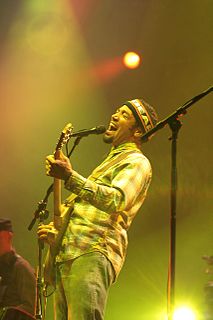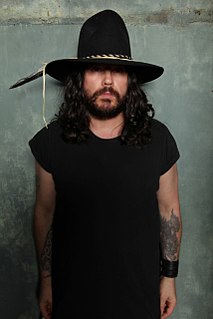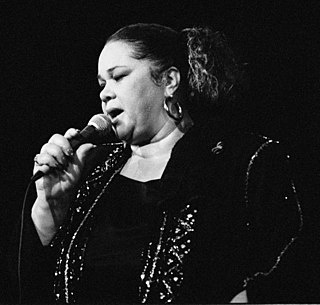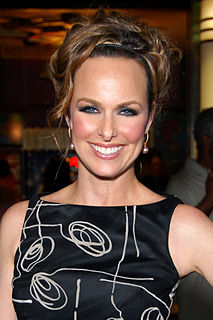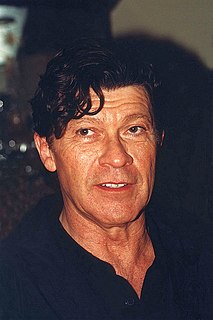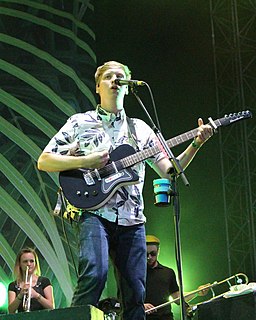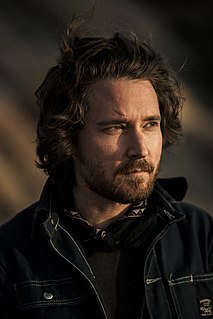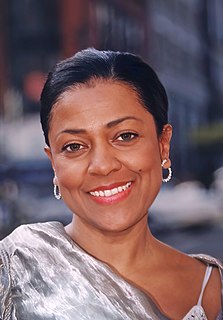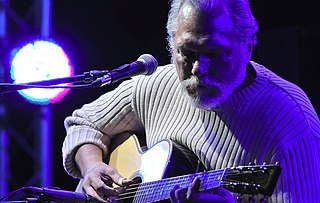A Quote by Ben Harper
I grew up with a heavy diet of gospel, folk, and blues because those are kind of the cornerstones of traditional American music.
Related Quotes
Bill Monroe spoke of bringing 'ancient tones' into his music with echoes of British and Irish fiddle and bagpipe music, while also delving deeply into American blues, gospel, folk hymnody, and hill country dance music. To that gumbo, he added the invigorating rhythms and harmonies of hot jazz. It was a new kind of American music, named in honor of his band The Blue Grass Boys to be known, simply, as bluegrass.
I think there's a difference between the type of folk music that people put into the box of "folk music" and then there's the kind of folk music that I aspire to and am in awe of, and that is the kind of folk music where it's very limited tools - in most cases a guitar, in a self-taught style that is idiosyncratic and particular to that musician.
In the United States, many people said you can't have folk music in the United States because you don't have any peasant class. But the funny thing was, there were literally thousands, tens of thousands, hundreds of thousands of people who loved old time fiddling, ballads, banjo tunes, blues played on the guitar, spirituals and gospel hymns. These songs and music didn't fit into any neat category of art music nor popular music nor jazz. So gradually they said well let's call it folk music.
